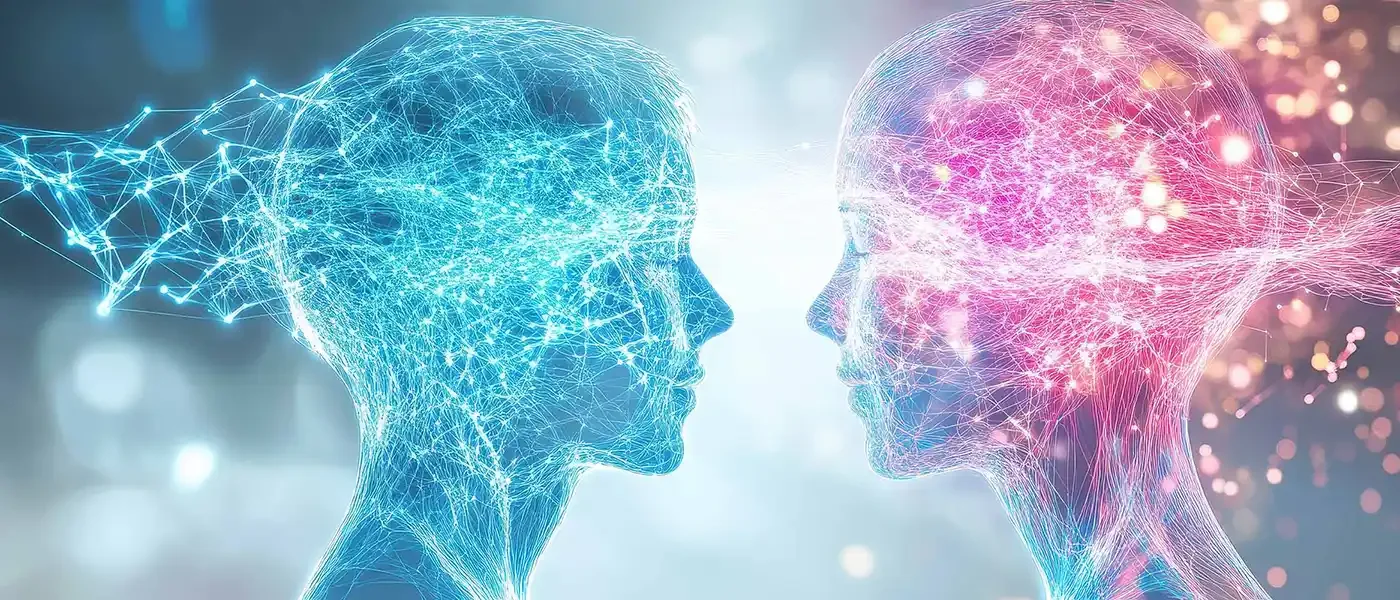Insights and Resources for High Functioning Individuals
Welcome to Melissa W Cooper Therapy’s Resource Center. Here you’ll find insights, strategies, and guidance for high functioning individuals navigating stress, burnout, trauma, life transitions, or chronic pain. My goal is to provide actionable advice and thought-provoking perspectives to support your personal growth, resiliences, and well-being. Each article is designed to complement therapy and help you take practical steps toward clarity, balance, and lasting change.
Featured Topics - Scroll Down to See All Articles
If you’re experiencing similar challenges, schedule a consultation to explore how modern integrative therapy can help you regain balance, clarity, and resilience.
The Essential Need for Human Connection
Human connection has always been one of the most deeply rooted aspects of human nature. In fact, after food, water, and safety, love and belonging are the next most essential needs. In a time when superficial interactions often outnumber deep ones, intentionally fostering connection by listening more, reaching out more, or simply being present not only helps others thrive but nurtures our own capacity for joy, resilience, and hope.

